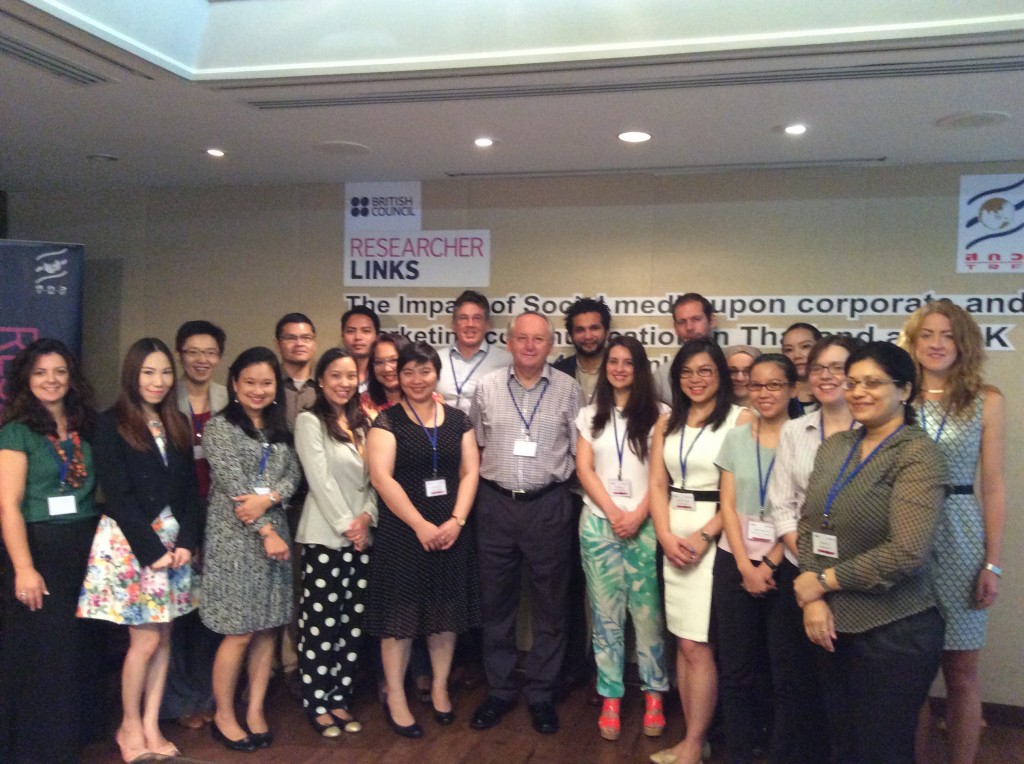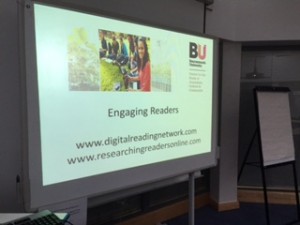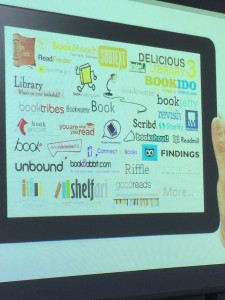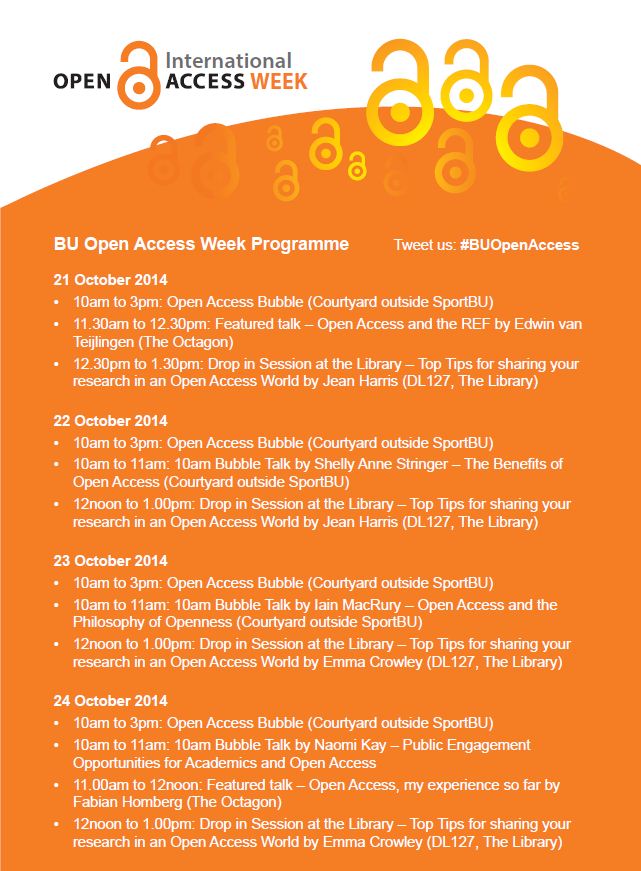 Hello everyone,
Hello everyone,
For those of you who don’t know me I’m Shelly Anne Stringer (previously Shelly Maskell) and I’m the new Project Delivery Manager in the newly restructured Research & Knowledge Exchange Office.
I am responsible for the management of support for research and knowledge exchange projects from the point of award and beyond!
I’ve worked in Research Management for seven years; I cut my teeth in HSC and have since worked across all faculties and have lead on a number of initiatives most recent being Open Access and the Writing Academy. I am a Media School graduate and in 2008 completed my MBA.
Outside of work I enjoy being a mummy to my 2 year old son and plan plenty of crazy adventures for us both to go on, I like to go running with my friends and have completed a couple of marathons, I’m thinking of doing the Bournemouth pier to pier swim next year but am a useless swimmer so we’ll see how that goes, I’m also partial to a bit of karaoke 🙂
So the team… the Project Delivery Team is represented by a great group of people it is comprised of Advisors (Finance & Systems, Research Governance and Research Outputs), the Fusion Investment Fund Coordinator and faculty-facing Project Delivery Officers and Administrators. Across the team we assist with all aspects of project management to ensure it runs successfully, in line with good practice and that the value of outputs produced are maximised. In upcoming days the team will be introducing themselves to you in their own blog posts however as a quick overview…
The Advisors
We have dedicated advisors who are available to provide expert advice and guidance about research outputs, financial, research ethics, governance and conduct for projects across the university Peng Peng Hatch specialises in Research Outputs leads the Writing Academy and champions Open Access across the sector, Eva Papadopolou specialises in Research Governance and manages the development and implementation of the University’s research ethics and governance policies and procedures, Gary Cowen specialises in Finance and Systems providing expert financial advice, reviewing and developing post-award IT systems to ensure that robust management information is available.
The Officers
We have Project Delivery Officers (PDO) who provide the faculties with a single point of contact for all operational aspects of the post-award process. This includes establishment of contracts, purchasing and procurement, management of financial reporting process, record management and auditing. So, if once you have secured funding, your PDO will be in contact to kick start the process. Philip Leahy-Harland is the PDO for the Faculty of Management, Cristina Lujan-Barroso is PDO for Health and Social Science, Dean Eatherton is PDO for Media & Communication, and Laura Zisa-Swann is PDO for SciTech.
The Administrators
We have Project Delivery Administrators (PDA) who provide support to the post-award team, particularly with the financial administration, as well as being the first point of contact for all project enquiries. So if as part of your project you’d like to travel to Guatemala, purchase a deer carcass or simply book some catering you can contact one of the Project Deleivery Administrators: Charmain Lyons is the PDA for the Faculty of Management, Sara Mundy is PDA for Health and Social Science and SciTech and Joanne Schofield for Media & Communication.
The Sue
Last but not at all least… the Fusion Investment Fund Coordinator is Sue Townrow who is the main point of contact for the competitive strands of the fusion investment fund and manages enquiries regarding all aspects of the management of the fund, logging and keeping track of applications, and administering the fund budgets.
Well that’s enough from me, ta ta for now… Shelly
sastringer@bournemouth.ac.uk (01202) 961205








 Hello everyone,
Hello everyone,
 RLI Core Disciplines and themes
RLI Core Disciplines and themes




 Get involved. Participating in Open Access Week can be as simple or involved as you like. It can also be a chance to let your imagination have full rein and come up with something more ambitious, wacky, fun.
Get involved. Participating in Open Access Week can be as simple or involved as you like. It can also be a chance to let your imagination have full rein and come up with something more ambitious, wacky, fun. Celebrate Open Access at BU and join us in these exciting events. No need to register, just turn up.
Celebrate Open Access at BU and join us in these exciting events. No need to register, just turn up.
 All logo and colour scheme attributed to : www.openaccessweek.org
All logo and colour scheme attributed to : www.openaccessweek.org















 Dr. Ashraf cited on ‘Modest Fashion’ in The Guardian
Dr. Ashraf cited on ‘Modest Fashion’ in The Guardian NIHR-funded research launches website
NIHR-funded research launches website Academics write for newspaper in Nepal
Academics write for newspaper in Nepal New paper published on disability in women & girls
New paper published on disability in women & girls Global Consortium for Public Health Research 2025
Global Consortium for Public Health Research 2025 MSCA Postdoctoral Fellowships 2025 Call
MSCA Postdoctoral Fellowships 2025 Call ERC Advanced Grant 2025 Webinar
ERC Advanced Grant 2025 Webinar Horizon Europe Work Programme 2025 Published
Horizon Europe Work Programme 2025 Published Horizon Europe 2025 Work Programme pre-Published
Horizon Europe 2025 Work Programme pre-Published Update on UKRO services
Update on UKRO services European research project exploring use of ‘virtual twins’ to better manage metabolic associated fatty liver disease
European research project exploring use of ‘virtual twins’ to better manage metabolic associated fatty liver disease